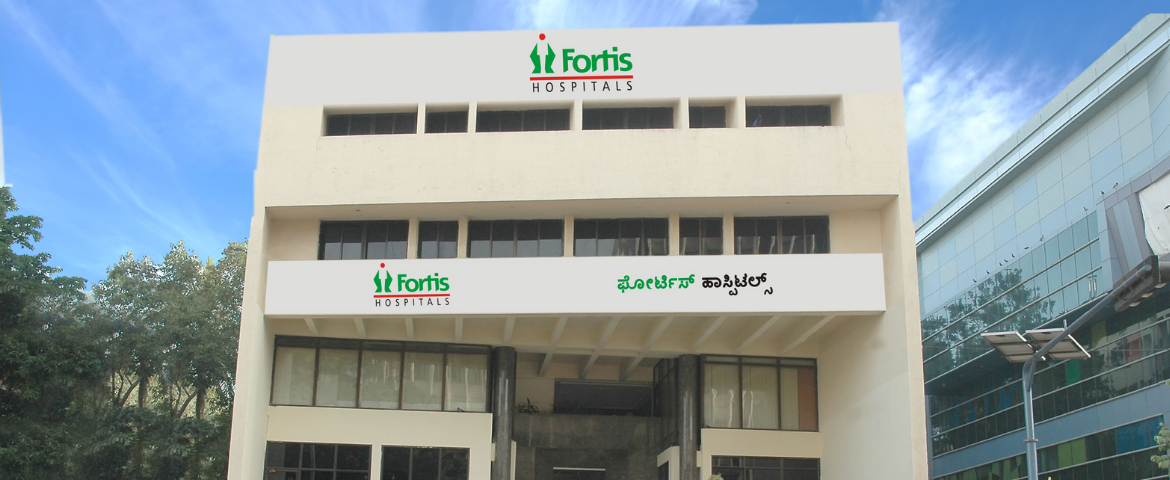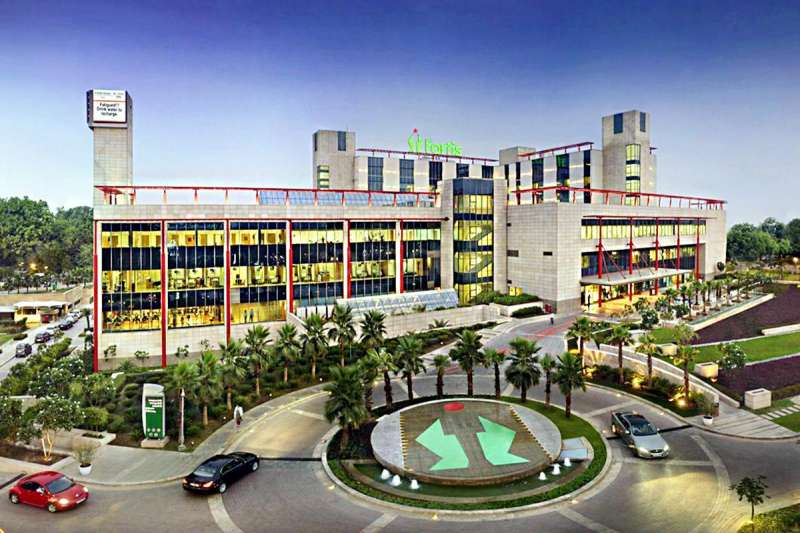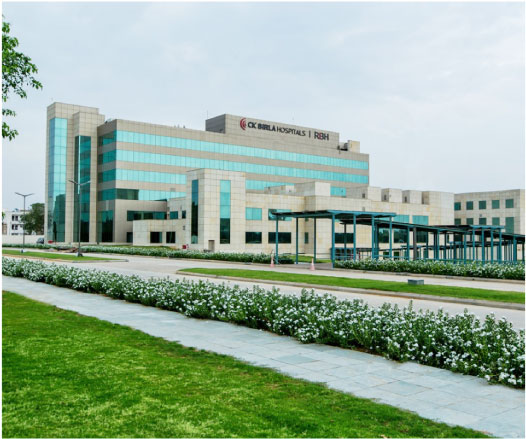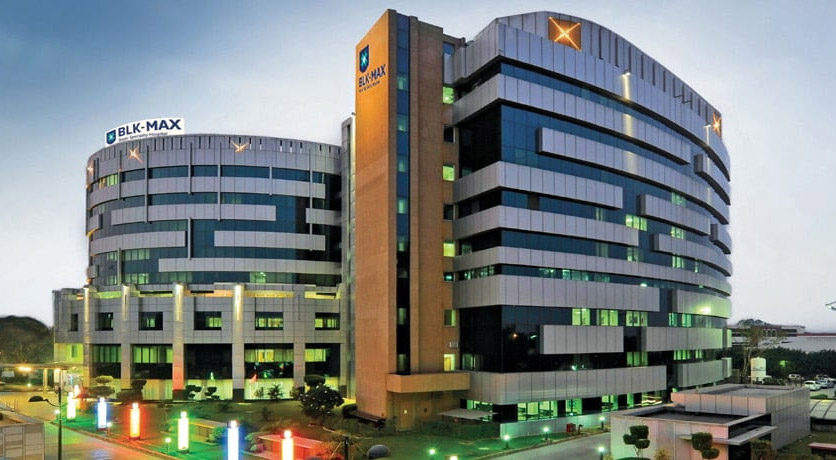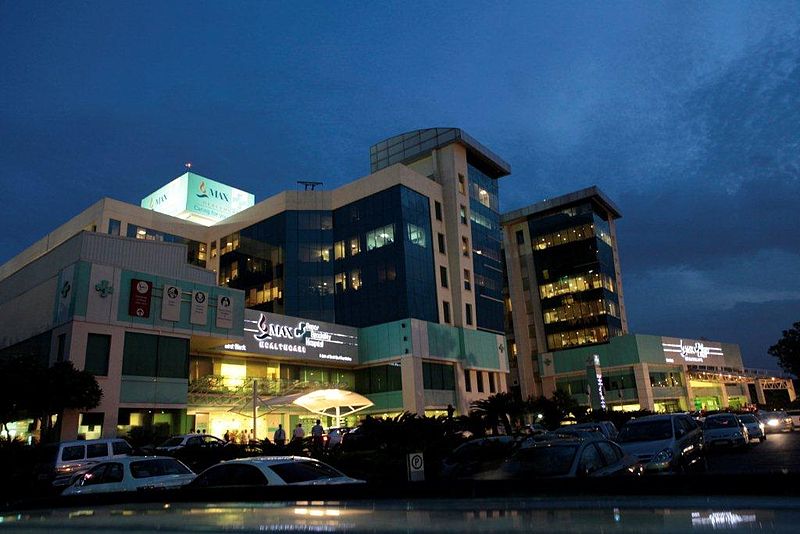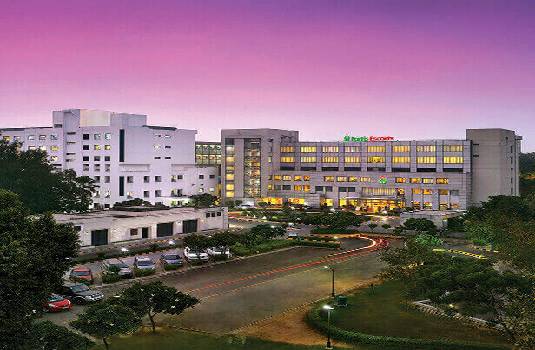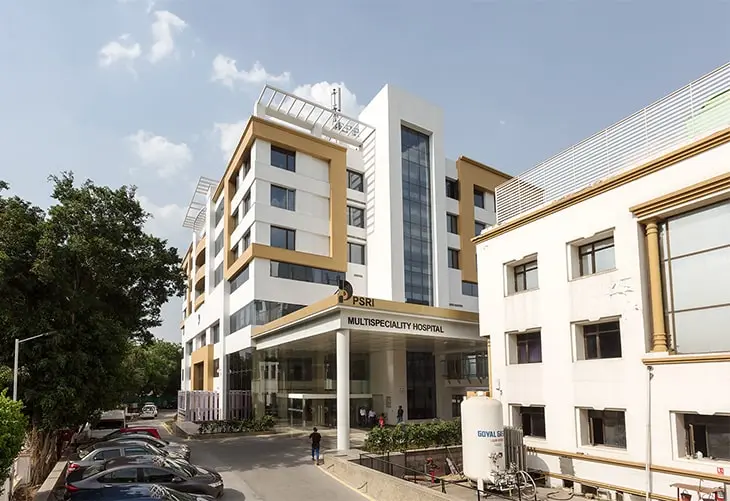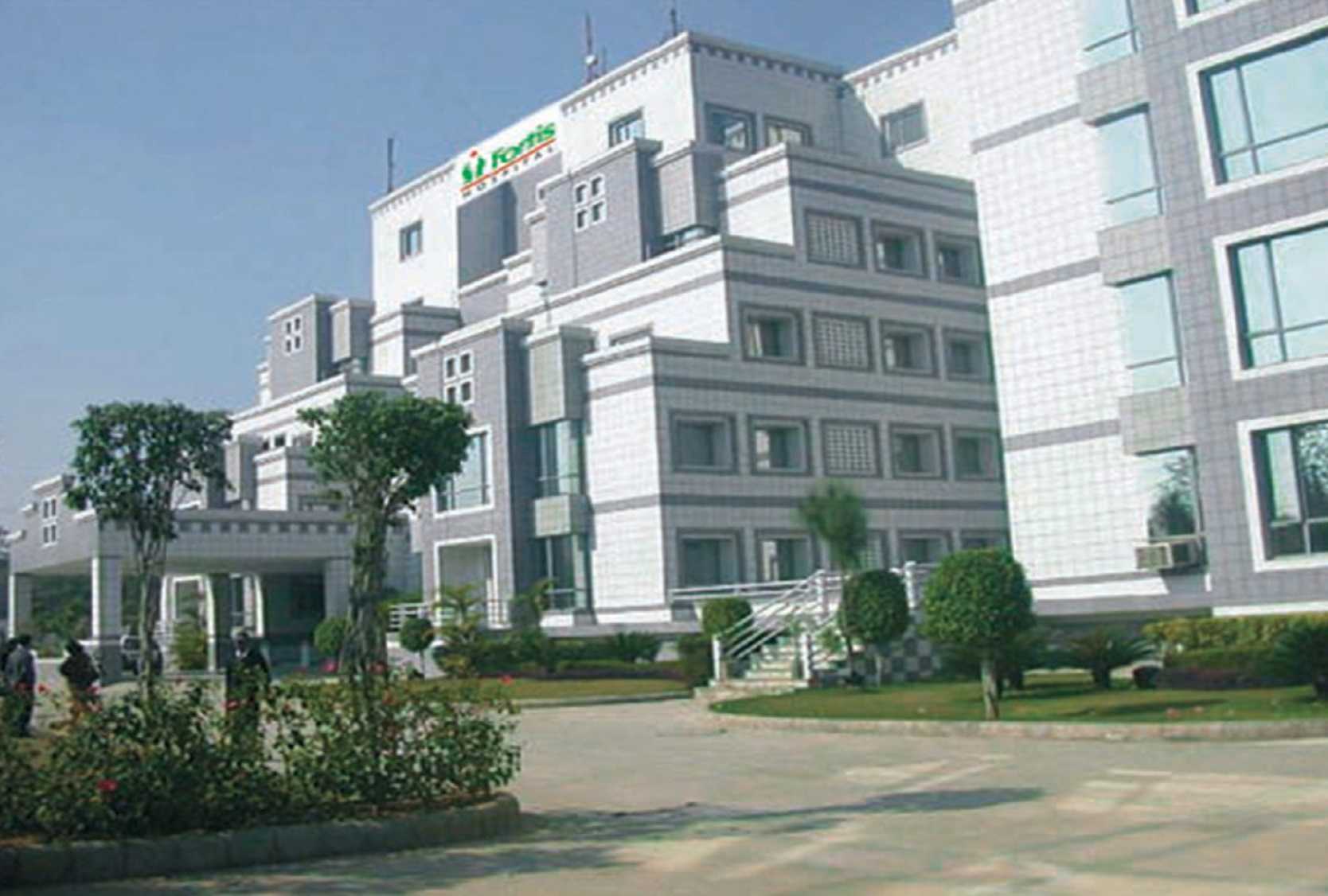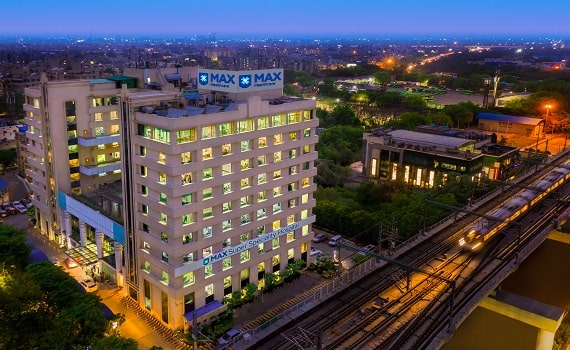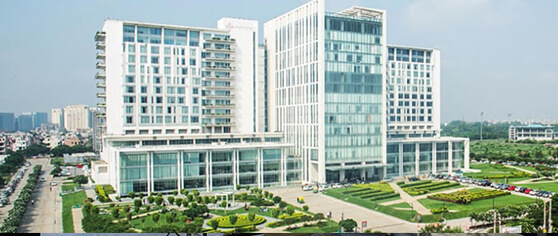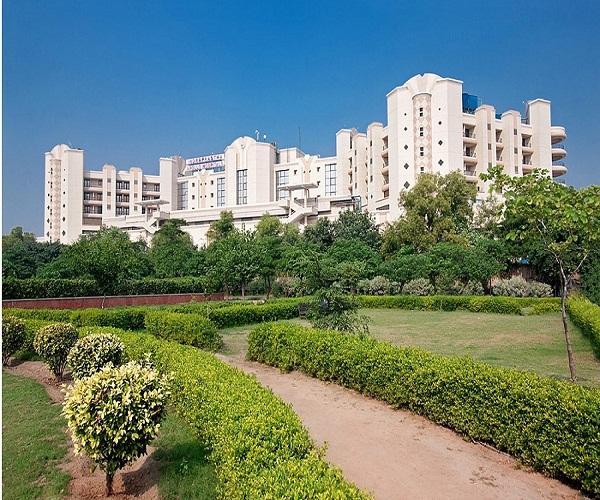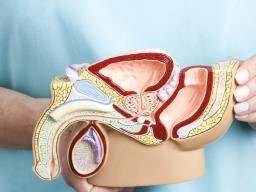Varicocelectomy Unilateral Surgery for Male Infertility cost in India
The cost of Varicocelectomy
Unilateral Surgery for Male Infertility in India ranges from USD 1500 to USD 6000
Varicocelectomy Unilateral Surgery for Male Infertility:
Varicocelectomy is a procedure that removes varicoceles, or bulging veins in the scrotum. Because there are no drugs that can cure or remove varicoceles, your doctor may suggest surgery to remove them.
Varicocelectomy is a relatively safe treatment that has a good probability of enhancing your fertility and minimising the risks of obstructed blood supply to your reproductive organs. There are dangers associated with any operation, and this technique may not be able to totally restore your fertility.
Varicocelectomy Unilateral Surgery for Male Infertility:
Varicocelectomy is a procedure that removes varicoceles, or bulging veins in the scrotum. Because there are no drugs that can cure or remove varicoceles, your doctor may suggest surgery to remove them.
Varicocelectomy is a relatively safe treatment that has a good probability of enhancing your fertility and minimising the risks of obstructed blood supply to your reproductive organs. There are dangers associated with any operation, and this technique may not be able to totally restore your fertility.
Disease Overview:
Male infertility
Low sperm production, poor sperm function, or sperm delivery obstructions can all contribute to male infertility. Male infertility can be caused by illnesses, injuries, persistent health issues, lifestyle choices, and other causes.
Disease Signs and Symptoms:
The inability to conceive a child is the most common symptom of male infertility. There might be no other visible symptoms or indicators.
However, in certain situations, signs and symptoms are caused by an underlying problem such as a genetic ailment, hormonal imbalance, dilated veins around the testicle, or a condition that prevents sperm from passing through. You may notice the following signs and symptoms:
- Sexual function issues, such as difficulties ejaculating or ejaculating little amounts of fluid, decreased sexual desire, or problems keeping an erection (erectile dysfunction)
- In the testicular region, there may be pain, swelling, or a lump.
- Respiratory illnesses that recur
- Inability to detect odour
- Breast development that isn't typical (gynecomastia)
- Hair loss on the face or body, as well as other symptoms of chromosomal or hormonal abnormalities
- A sperm count that is lower than usual (fewer than 15 million sperm per millilitre of semen or a total sperm count of less than 39 million per ejaculate)
Disease Causes:
Fertility in men is a complicated process. The following events must occur in order for your spouse to get pregnant:
- Healthy sperm must be produced. This begins with the development and enlargement of the male reproductive organs throughout puberty. To trigger and maintain sperm production, at least one of your testicles must be working properly, and your body must create testosterone and other substances.
- Sperm must be transported into the sperm. When sperm are created in the testicles, they are transported through delicate tubes until they mingle with semen and are ejected from the penis.
- A sufficient amount of sperm must be present in the sperm. If your sperm count (the quantity of sperm in your sperm) is low, the chances of one of your sperm fertilising your partner's egg are slim.
- A sperm count of less than 15 million per millilitre of sperm or less than 39 million per ejaculate is considered poor.
- Sperm must be able to migrate and be functional. Your sperm may not be able to reach or enter your partner's egg if the movement (motility) or function of your sperm is abnormal.
Medical reasons
Male fertility troubles can be caused by a variety of medical conditions and therapies, including:
Varicocele. A varicocele is an enlargement of the veins draining the testis. It's the most prevalent cause of male infertility that can be reversed. Although the actual cause of infertility caused by varicoceles is unknown, it is thought to be connected to irregular blood flow. Varicoceles cause sperm quantity and quality to be lowered.
Infection. Some illnesses can affect sperm production or health, or induce scarring that prevents sperm from passing through. Some sexually transmitted illnesses, such as gonorrhoea or HIV, cause inflammation of the epididymis (epididymitis) or testicles (orchitis). Despite the fact that certain infections might result in irreversible testicular damage, sperm can usually be recovered.
Problems with ejaculation. During climax, semen enters the bladder instead of exiting out the tip of the penis, resulting in retrograde ejaculation. Diabetes, spinal injuries, drugs, and bladder, prostate, or urethra surgery are all examples of health issues that might induce retrograde ejaculation.
Antibodies that target sperm are known as sperm antibodies. Anti-sperm antibodies are immune system cells that misinterpret sperm for hazardous intruders and try to destroy them.
Tumors. Male reproductive organs can be affected directly by cancers and nonmalignant tumours, or indirectly through glands that release hormones associated to reproduction, such as the pituitary gland. Male fertility can be affected by surgery, radiation, or chemotherapy used to treat malignancies in some situations.
Testicles that haven't descended. One or both testicles fail to descend from the abdomen into the sac that typically holds the testicles in certain guys during foetal development (scrotum). Men who have experienced this disorder are more likely to have lower fertility.
Hormone imbalances are a common problem. Infertility can be caused by problems with the testicles or by problems with other hormonal systems such as the hypothalamus, pituitary, thyroid, and adrenal glands. Low testosterone (male hypogonadism) and other hormonal issues can be caused by a variety of factors.
Tubule defects that carry sperm. Sperm is carried in a variety of tubes. They can be obstructed for a variety of reasons, including surgical accidental harm, past infections, trauma, or improper growth, such as in cystic fibrosis or other genetic disorders.
The testicle, the tubes that drain the testicle, the epididymis, the vas deferens, the ejaculatory ducts, and the urethra can all become blocked.
Defects in the chromosomes. Boy reproductive organs develop abnormally in inherited illnesses such Klinefelter's syndrome, in which a male is born with two X chromosomes and one Y chromosome (rather than one X and one Y). Cystic fibrosis and Kallmann's syndrome are two more genetic diseases linked to infertility.
Sexual intercourse difficulties. Erectile dysfunction, premature ejaculation, painful intercourse, anatomical abnormalities such as a urethral opening beneath the penis (hypospadias), or psychological or relational difficulties that interfere with sex are examples of these.
Celiac disease is a kind of gluten intolerance. Celiac disease is a digestive ailment characterised by a sensitivity to gluten, a gluten-like protein present in wheat. Male infertility may be exacerbated by the disease. Adopting a gluten-free diet may help with fertility.
Medications in particular. Testosterone replacement treatment, long-term anabolic steroid usage, cancer therapies (chemotherapy), some ulcer meds, some arthritis drugs, and other pharmaceuticals can reduce male fertility.
Surgical procedures performed previously Vasectomy, scrotal or testicular surgery, prostate surgery, and big abdominal operations for testicular and rectal malignancies, among other procedures, may prohibit you from having sperm in your ejaculate.
the effects of the environment
Overexposure to certain environmental factors, such as heat, pollutants, and chemicals, can cause sperm production and function to be reduced. Industrial chemicals are one of the specific reasons. Low sperm counts may be caused by prolonged exposure to certain chemicals, pesticides, herbicides, organic solvents, and painting materials.
- Exposure to heavy metal. Infertility can also be caused by exposure to lead or other heavy metals.
- X-rays or radiation. Radiation can impair sperm production, although it usually returns to normal after a while. Sperm production can be permanently impaired by strong amounts of radiation.
- The testicles are overheated. Sperm production and function may be harmed by high temperatures. Although research on the subject is scarce and contradictory, regular usage of saunas or hot tubs may temporarily reduce sperm count.
- Sitting for lengthy amounts of time, wearing tight clothes, or working on a laptop computer for long lengths of time can all raise scrotal temperature and limit sperm production. However, the study isn't definitive.
Causes include health, lifestyle, and other factors.
- Drug usage is one of the other reasons of male infertility. Anabolic steroids, which are used to increase muscle strength and development, can shrink the testicles and reduce sperm production. Cocaine or marijuana use might lower the quantity and quality of your sperm for a short period of time.
- Use of alcoholic beverages. Alcohol use lowers testosterone levels, causes erectile dysfunction, and reduces sperm production. Excessive drinking can induce liver damage, which can lead to reproductive issues.
- Tobacco consumption. Those who smoke may have a decreased sperm count than men who do not. Male fertility may also be harmed by secondhand smoking.
- Weight. Obesity can affect male fertility in a variety of ways, including directly affecting sperm or generating hormone changes that lower male fertility.
Disease Diagnosis:
Because many infertile couples have many causes of infertility, you'll almost certainly need to see a doctor together. In order to discover the cause of infertility, a variety of tests may be required. In other circumstances, the source of the problem is never discovered.
Infertility tests can be costly, and your insurance may or may not cover them; find out what your medical plan covers ahead of time.
In most cases, diagnosing male infertility entails:
A general physical examination is performed, as well as a medical history. Examining your genitals and inquiring about any genetic disorders, chronic health issues, illnesses, injuries, or operations that may influence fertility are all part of this process. Your doctor may also inquire about your sexual activities and how you developed sexually during adolescence.
Analysis of sperm. Samples of sperm can be collected in a variety of methods. By masturbating and ejaculating into a designated container in the doctor's office, you may submit a sample. Some males prefer an alternate technique of sperm collecting due to religious or cultural beliefs. In such instances, semen can be collected during intercourse by using a specific condom.
Your sperm is then transported to a laboratory to be counted and checked for any abnormalities in the shape (morphology) or movement (motility) of the sperm. The lab will also examine your sperm for indications of infection or other issues.
Sperm counts might vary dramatically from one specimen to the next. To achieve reliable findings, many semen analysis tests are usually performed over a period of time. If your sperm analysis is normal, your doctor will almost certainly prescribe extensive testing of your female spouse before proceeding with any more male infertility tests.
Additional tests may be recommended by your doctor to assist determine the reason of your infertility. These can include the following:
Ultrasound of the scrotum. This test creates pictures within your body using high-frequency sound waves. Your doctor can use a scrotal ultrasound to detect if you have a varicocele or other abnormalities with your testicles and supporting structures.
Ultrasound in the transrectal area. In your rectum, a tiny, lubricated wand is inserted. It enables your doctor to examine your prostate for obstructions in the channels that transport sperm.
Hormone testing is a procedure that involves measuring hormone levels. The pituitary gland, brain, and testicles all create hormones that are important for sexual development and sperm generation. Infertility may also be caused by abnormalities in other hormonal or organ systems. A blood test determines the amount of testosterone and other hormones in your body.
Urinalysis after ejaculation. Sperm in your pee indicates that your sperm are moving backwards into your bladder during ejaculation instead of out your penis (retrograde ejaculation).
Genetic testing are available. There might be a hereditary reason for unusually low sperm concentration.
A blood test can detect tiny alterations in the Y chromosome, which might indicate a genetic problem. To identify a variety of congenital or hereditary disorders, genetic testing may be required.
Biopsy of the testicles. A needle is used to remove samples from the testicle in this test. If the testicular biopsy reveals that sperm production is normal, your problem is most likely due to a blockage or another sperm transport issue.
Sperm function tests that are more specialised. A variety of tests may be done to determine how long your sperm survive after ejaculation, how effectively they penetrate an egg, and whether or not they have any issues adhering to the egg. These tests aren't commonly utilised, and they typically don't affect therapy recommendations considerably.
Disease Treatment:
In many situations, it is impossible to pinpoint the particular cause of infertility. Even if the exact cause is unknown, your doctor may be able to recommend drugs or treatments to aid with your pregnancy.
It's also a good idea to look at the female spouse in cases of infertility. It's probable that you'll need to pay more attention to your buddy. Alternatively, you could find that assisted reproductive technology is the best option for you.
Treatments for male infertility include:
Surgery. Surgical correction of a varicocele or a blocked vas deferens, for example, is common. It is possible to reverse vasectomies that have already been performed. When the ejaculate is devoid of sperm, sperm retrieval methods are routinely utilised to get sperm directly from the testicles or epididymis.
Infection treatment. Antibiotic therapy may heal a reproductive tract infection, but it does not necessarily restore fertility.
Treatments for issues in sexual intercourse. In cases of erectile dysfunction or premature ejaculation, medication or counselling might assist increase fertility.
Treatments and drugs for hormones. In situations when infertility is caused by high or low levels of specific hormones, or difficulties with the way the body processes hormones, your doctor may suggest hormone replacement or drugs.
Aspects of assisted reproduction technology (ART). Depending on your personal condition and needs, ART treatments may include collecting sperm by natural ejaculation, surgical extraction, or from donor persons. The sperm are then either injected into the female vaginal tract or utilised in in vitro fertilisation or intracytoplasmic sperm injection procedures.
Country wise cost comparison for Varicocelectomy Unilateral Surgery for Male Infertility:
| Country | Cost |
|---|---|
| India | $1800 |
Treatment and Cost
4
Total Days
In Country
- 1 Day in Hospital
- 2 No. Travelers
- 3 Days Outside Hospital
Treatment cost starts from
$2000
Popular Hospital & Clinic
Featured Hospital
10 Hospitals
Types of Varicocelectomy Unilateral Surgery for Male Infertility in Fortis Memorial Research Institute and its associated cost
| Treatment Option | Approximate Cost Range (USD) |
|---|---|
| No Treatment option added | |
- Address: Sector - 44, Opp. HUDA City Center,Gurgaon, Haryana - 122002, India
- Facilities related to Fortis Memorial Research Institute: Private Rooms, Translator, Nursery / Nanny Services, Airport Pick up, Personal Assistance / Concierge, Free Wifi, Local Tourism Options, International Cuisine, Phone in Room, Private Driver / Limousine Services, Post operative followup, Mobility Accessible Rooms, Online Doctor Consultation, Air Ambulance, Religious Facilities, Rehabilitation, Cafe, TV in room, Car Hire, Health Insurance Coordination,
50
DOCTORS IN 35 SPECIALITIES
20+
FACILITIES & AMENITIES
Types of Varicocelectomy Unilateral Surgery for Male Infertility in CK Birla Hospital, Gurgaon and its associated cost
| Treatment Option | Approximate Cost Range (USD) |
|---|---|
| No Treatment option added | |
- Address: Block J, CK Birla Hospital, Nirvana Central Rd, Mayfield Garden, Sector 51, Gurugram, Haryana 122018
- Facilities related to CK Birla Hospital, Gurgaon: The hospital has following facilities: Patient Rooms: Presidential suite, suites, junior suites, deluxe single and shared rooms 4 state-of-the-art modular OTs Critical Care Facilities Labour delivery rooms (LDR) with piped Entonox for pain management North India’s only water-birthing facility Advanced IVF laboratory Chemo Daycare center Physiotherapy Centre 24x7 Radiology - including 4D ultrasound, X-ray, digital mammography, BMD, ECHO 24x7 Pathology including advanced genetic testing 24x7 Emergency 24x7 Pharmacy Studio for fitness, antenatal and post-natal classes & to host medical and educational workshops Café serving healthy & nutritious food and drinks
13
DOCTORS IN 21 SPECIALITIES
20+
FACILITIES & AMENITIES
Types of Varicocelectomy Unilateral Surgery for Male Infertility in BLK-Max Super Speciality Hospital and its associated cost
| Treatment Option | Approximate Cost Range (USD) |
|---|---|
| No Treatment option added | |
- Address: Pusa Road, New Delhi-110005
- Facilities related to BLK-Max Super Speciality Hospital: Private Rooms, Translator, Nursery / Nanny Services, Personal Assistance / Concierge, Free Wifi, International Cuisine, Phone in Room, Private Driver / Limousine Services, Post operative follow-up, Mobility Accessible Rooms, Rehabilitation, Cafe, TV in room, Car Hire, Health Insurance Coordination
17
DOCTORS IN 33 SPECIALITIES
20+
FACILITIES & AMENITIES
Types of Varicocelectomy Unilateral Surgery for Male Infertility in Max Super Speciality Hospital and its associated cost
| Treatment Option | Approximate Cost Range (USD) |
|---|---|
| No Treatment option added | |
- Address: Max Super Speciality Hospital No. 1, 2, Press Enclave Road, Mandir Marg, Saket Institutional Area, Saket, New Delhi, Delhi, 110017, India
- Facilities related to Max Super Speciality Hospital:
53
DOCTORS IN 34 SPECIALITIES
20+
FACILITIES & AMENITIES
Types of Varicocelectomy Unilateral Surgery for Male Infertility in Fortis Escorts Heart Institute and its associated cost
| Treatment Option | Approximate Cost Range (USD) |
|---|---|
| No Treatment option added | |
- Address: Okhla Road,New Delhi - 110 025 (INDIA)
- Facilities related to Fortis Escorts Heart Institute: Private Rooms, Translator, Nursery / Nanny Services, Personal Assistance / Concierge, Free Wifi, International Cuisine, Phone in Room, Private Driver / Limousine Services, Post operative follow-up, Mobility Accessible Rooms, Rehabilitation, Cafe, TV in room, Car Hire, Health Insurance Coordination
19
DOCTORS IN 33 SPECIALITIES
20+
FACILITIES & AMENITIES
Types of Varicocelectomy Unilateral Surgery for Male Infertility in PSRI Hospital and its associated cost
| Treatment Option | Approximate Cost Range (USD) |
|---|---|
| No Treatment option added | |
- Address: Press Enclave Marg, J Pocket, Phase II, Sheikh Sarai, New Delhi, Delhi 110017
- Facilities related to PSRI Hospital: Private Rooms, Translator, Nursery / Nanny Services, Personal Assistance / Concierge, Free Wifi, International Cuisine, Phone in Room, Private Driver / Limousine Services, Post operative follow-up, Mobility Accessible Rooms, Rehabilitation, Cafe, TV in room, Car Hire, Health Insurance Coordination
8
DOCTORS IN 33 SPECIALITIES
20+
FACILITIES & AMENITIES
Types of Varicocelectomy Unilateral Surgery for Male Infertility in Fortis Flt. Lt. Rajan Dhall Hospital, Vasant Kunj, Delhi and its associated cost
| Treatment Option | Approximate Cost Range (USD) |
|---|---|
| No Treatment option added | |
- Address: Fortis Flt. Lt. Rajan Dhall Hospital, Aruna Asaf Ali Marg, Pocket 1, Sector B, Vasant Kunj, New Delhi, Delhi 110070
- Facilities related to Fortis Flt. Lt. Rajan Dhall Hospital, Vasant Kunj, Delhi: Private Rooms, Translator, Nursery / Nanny Services, Personal Assistance / Concierge, Free Wifi, International Cuisine, Phone in Room, Private Driver / Limousine Services, Post operative follow-up, Mobility Accessible Rooms, Rehabilitation, Cafe, TV in room, Car Hire, Health Insurance Coordination
46
DOCTORS IN 34 SPECIALITIES
20+
FACILITIES & AMENITIES
Types of Varicocelectomy Unilateral Surgery for Male Infertility in MAX Super Speciality hospital, Patpadganj Delhi and its associated cost
| Treatment Option | Approximate Cost Range (USD) |
|---|---|
| No Treatment option added | |
- Address: 108A, Indraprasth Extension, Patpadganj, New Delhi- 110092, India
- Facilities related to MAX Super Speciality hospital, Patpadganj Delhi: Private Rooms, Translator, Nursery / Nanny Services, Personal Assistance / Concierge, Free Wifi, International Cuisine, Phone in Room, Private Driver / Limousine Services, Post operative follow-up, Mobility Accessible Rooms, Rehabilitation, Cafe, TV in room, Car Hire, Health Insurance Coordination
52
DOCTORS IN 33 SPECIALITIES
20+
FACILITIES & AMENITIES
Types of Varicocelectomy Unilateral Surgery for Male Infertility in Medanta-The Medicity, Gurgaon and its associated cost
| Treatment Option | Approximate Cost Range (USD) |
|---|---|
| No Treatment option added | |
- Address: CH Baktawar Singh Road, Sector 38, Gurugram, Haryana 122001
- Facilities related to Medanta-The Medicity, Gurgaon: TV in room Private rooms, Free Wifi, Phone in Room, Mobility accessible rooms, Family accommodation, Laundry, Welcome Safe in the room, Nursery / Nanny services. Dry cleaning, Personal assistance / Concierge Religious facilities, Fitness Spa and wellness Café, Business Centre, Shop, Dedicated smoking areas, Beauty Salon, Special offer for group stays, Parking available, Health insurance coordination, Medical travel insurance, Foreign currency exchange, ATM, Credit Card, Debit Card, Net banking, Diet on Request, Restaurant, International Cuisine, Treatment Related Medical records transfer, Online doctor consultation, Rehabilitation, Pharmacy, Document legalization, Post operative follow-up, Language Interpreter, Translation services, Transportation, Airport pickup, Local tourism options, Local transportation booking, Visa / Travel office, Car Hire, Private driver / Limousine services, Air ambulance
52
DOCTORS IN 33 SPECIALITIES
20+
FACILITIES & AMENITIES
Types of Varicocelectomy Unilateral Surgery for Male Infertility in Indraprastha Apollo Hospitals, New Delhi and its associated cost
| Treatment Option | Approximate Cost Range (USD) |
|---|---|
| No Treatment option added | |
- Address: Mathura Rd, Jasola Vihar, New Delhi, Delhi 110076
- Facilities related to Indraprastha Apollo Hospitals, New Delhi: Private Rooms, Translator, Nursery / Nanny Services, Personal Assistance / Concierge, Free Wifi, International Cuisine, Phone in Room, Private Driver / Limousine Services, Post operative follow-up, Mobility Accessible Rooms, Rehabilitation, Cafe, TV in room, Car Hire, Health Insurance Coordination
37
DOCTORS IN 33 SPECIALITIES
20+
FACILITIES & AMENITIES

